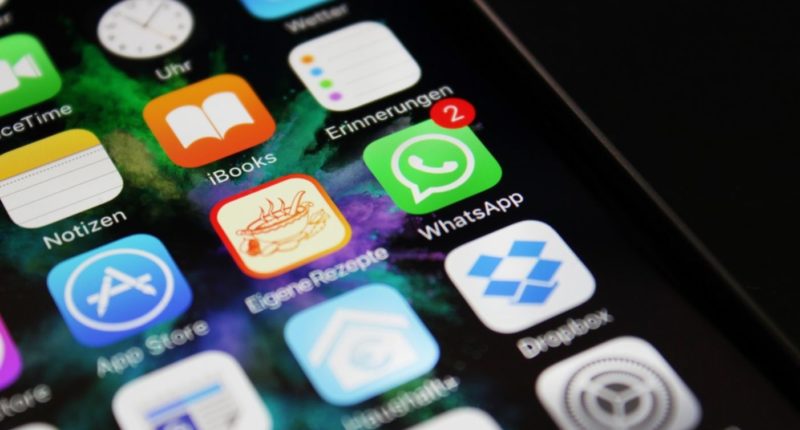WhatsApp is, without a shred of doubt, the biggest messaging app in the world right now, and a valuable addition to the Facebook family. And the IM dominance from Whatsapp just expanded even further. In a blog post, Whatsapp says that is has crossed 2 billion users worldwide, up from 1.5 billion two years ago, making it one of the few apps in the world to hold that title.
The company also took today’s announcement as an opportunity to reiterate the importance of its end to end encryption.
WhatsApp wrote in its blog post, “Strong encryption acts like an unbreakable digital lock that keeps the information you send over WhatsApp secure, helping protect you from hackers and criminals. Messages are only kept on your phone, and no one in between can read your messages or listen to your calls, not even us. Your private conversations stay between you.”
But of course, there is a second side to this encryption piece, the one that Governments favor. Certain governments such as those in India and the U.S. have condemned it outrightly, citing national security concerns. Nevertheless, the company maintains its stance saying “Strong encryption is a necessity in modern life. We will not compromise on security because that would make people less safe. For even more protection, we work with top security experts, employ industry leading technology to stop misuse as well as provide controls and ways to report issues — without sacrificing privacy.”
There’s a lot going right for Whatsapp, thus helping it to expand its lead like no other platform before. The app is absolutely free and does not even employ ads. Over time, WhatsApp has brought about some other very exciting features like the ability to unsend messages under a specified period of time. More recently, news came in that the company has got approval from India’s digital payments regulator, to launch its own digital payments service. Once that goes live, it could open significant sources of revenue for the currently zero revenue platform.
The company also highlighted its campaigns to tackle the menace of misinformation. WhatsApp has brought about features such as awareness campaigns and allowing users to know if a message has been forwarded to them. The platform has also limited the number of forwards for a particular message on a user basis, though its effectiveness is controversial.
Additionally, Facebook noted that that there were 2.26 billion users that opened either Facebook, Messenger, Instagram, or WhatsApp each day, up from 2.2 billion last quarter, so the company must be doing something right.
